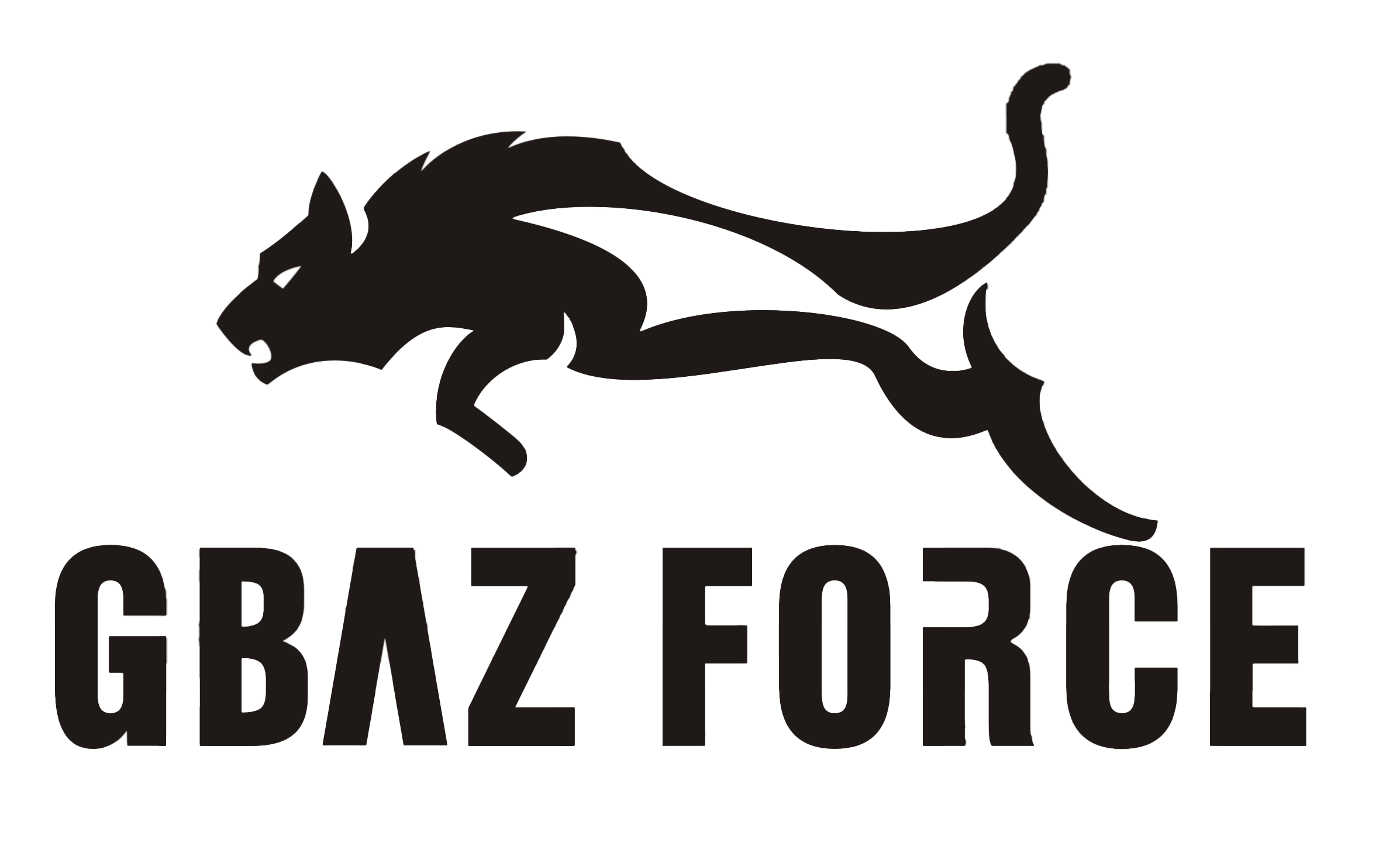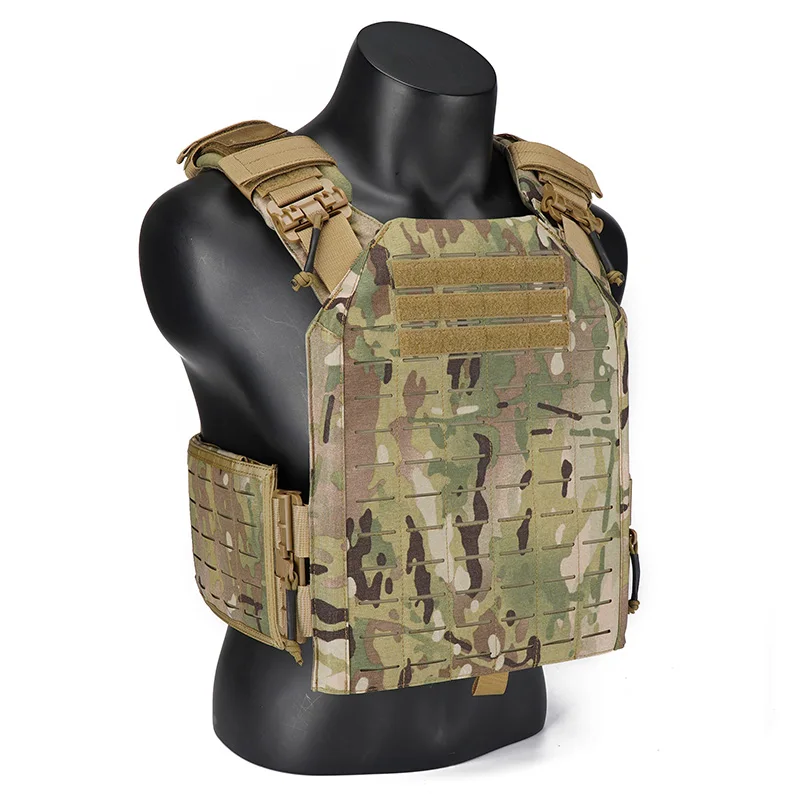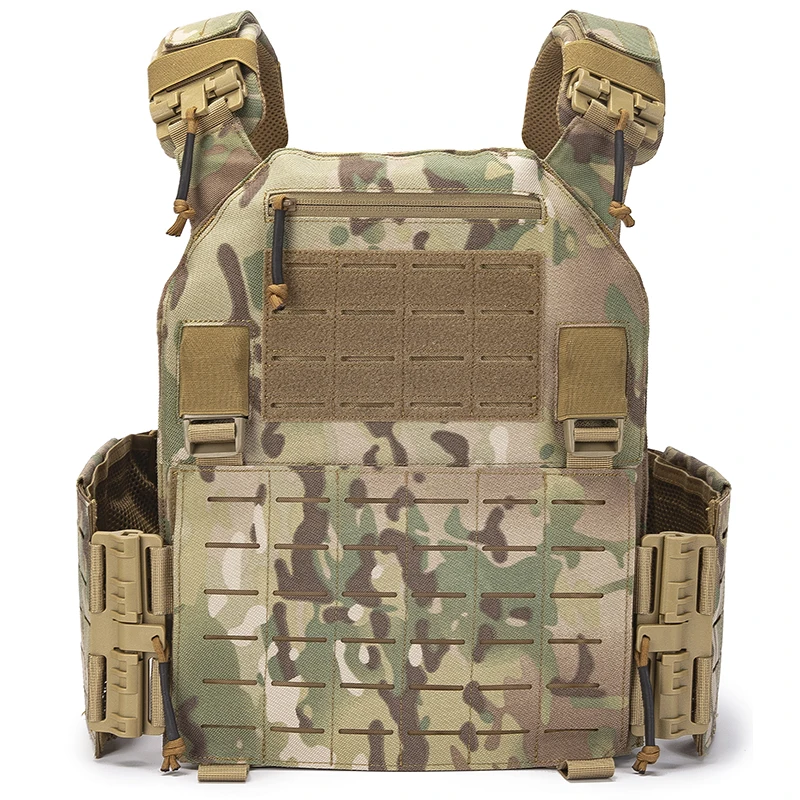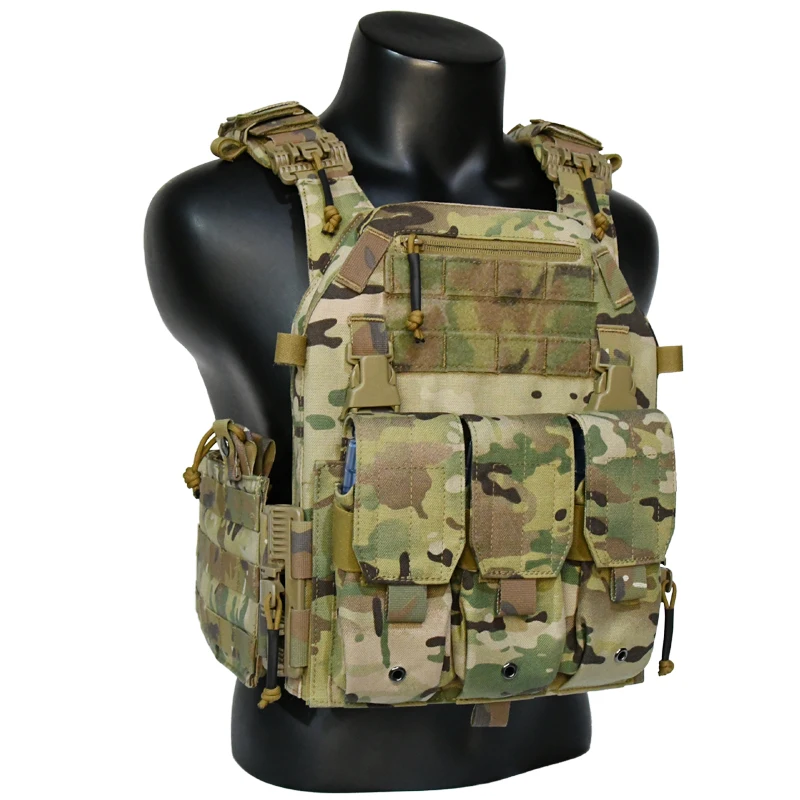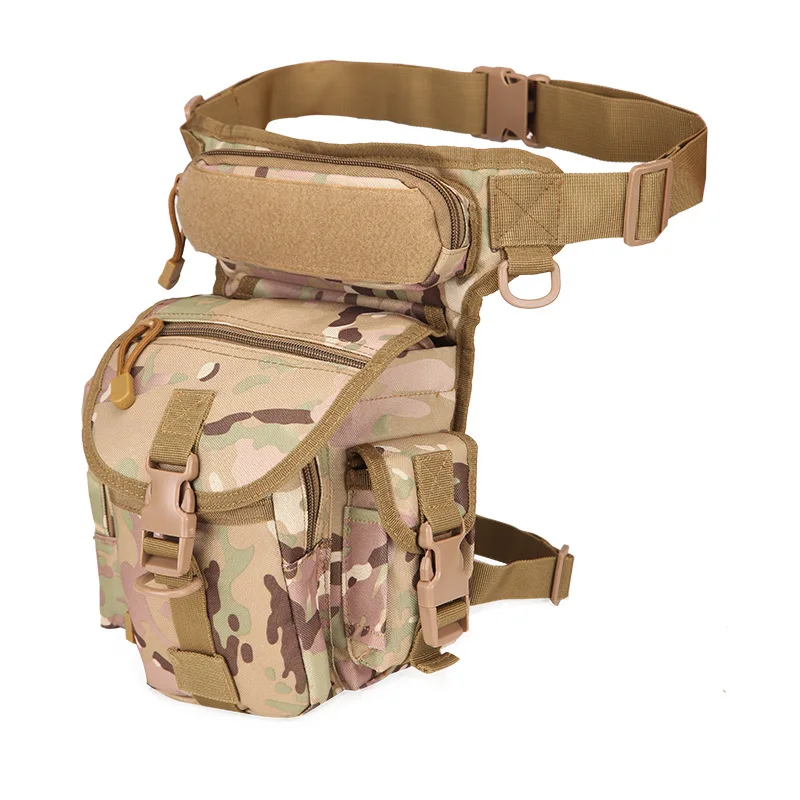Tactical Gear
PRODUCTS
Discover the Best Binocular Harness for Serious Hunters
Comfort and Fit
The most important aspect of any binocular harness is comfort. A poorly fitting harness will quickly become a nuisance, causing chafing, pressure points, and overall discomfort that detracts from your hunting experience. Look for harnesses with adjustable straps and padding in key areas, particularly around the shoulders and chest. Consider the weight of your binoculars; heavier binoculars require a more robust harness with better weight distribution. Test the harness before buying it, ensuring the straps lie flat and comfortably against your body, allowing for freedom of movement. A good harness should feel almost invisible once you're wearing it, allowing you to focus on the hunt itself.
The harness's material is also crucial for comfort. Breathable materials like nylon mesh will prevent overheating and sweat buildup, especially during long hunts in warmer weather. Avoid stiff or bulky materials that restrict your movement or cause discomfort.
Durability and Construction
A hunting harness is subjected to harsh conditions, from thorny bushes to unpredictable weather. Therefore, durability is non-negotiable. Choose a harness constructed from high-quality, weather-resistant materials that can withstand the rigors of the hunt. Look for reinforced stitching, sturdy buckles, and reliable closure mechanisms. A well-made harness will last for many hunting seasons, providing a dependable carrying solution.
Consider the harness's overall design. Does it feature reinforced stress points? Are the buckles easy to operate even with gloves on? These seemingly minor details can make a significant difference in the harness's longevity and usability in challenging conditions.
Accessibility and Quick Deployment
When a crucial moment arises, you need quick and easy access to your binoculars. The best harnesses allow for rapid deployment without fumbling or removing the harness entirely. Look for harnesses with easily accessible pockets or pouches, allowing you to quickly retrieve your binoculars without removing the harness. Consider the harness's design; some allow you to swing the binoculars to the front easily, while others require more involved maneuvering.
Think about the hunting style you prefer. A spot-and-stalk hunter might require a harness that allows for quick transitions between observation and movement, while a hunter using a ground blind might prioritize comfort and stability over rapid deployment.
Additional Features
Many harnesses offer additional features that enhance their functionality. These might include integrated rangefinder holders, extra pockets for other hunting accessories, or even integrated rain covers. Consider what features would be most beneficial to your specific hunting style and needs. While extra features are helpful, avoid overly complicated designs that compromise simplicity and ease of use.
Before committing to a purchase, read reviews from other hunters. Their experiences can provide valuable insights into the harness's performance and durability in real-world hunting scenarios. Consider the pros and cons of different features and how they align with your personal needs and preferences.
Conclusion
Selecting the best binocular harness for serious hunters involves careful consideration of comfort, durability, accessibility, and additional features. By prioritizing these factors and understanding your specific hunting style, you can find a harness that seamlessly integrates into your hunting experience, providing reliable support and allowing you to focus on what matters most: the hunt itself.
SUBSCRIBE
INQUIRY
